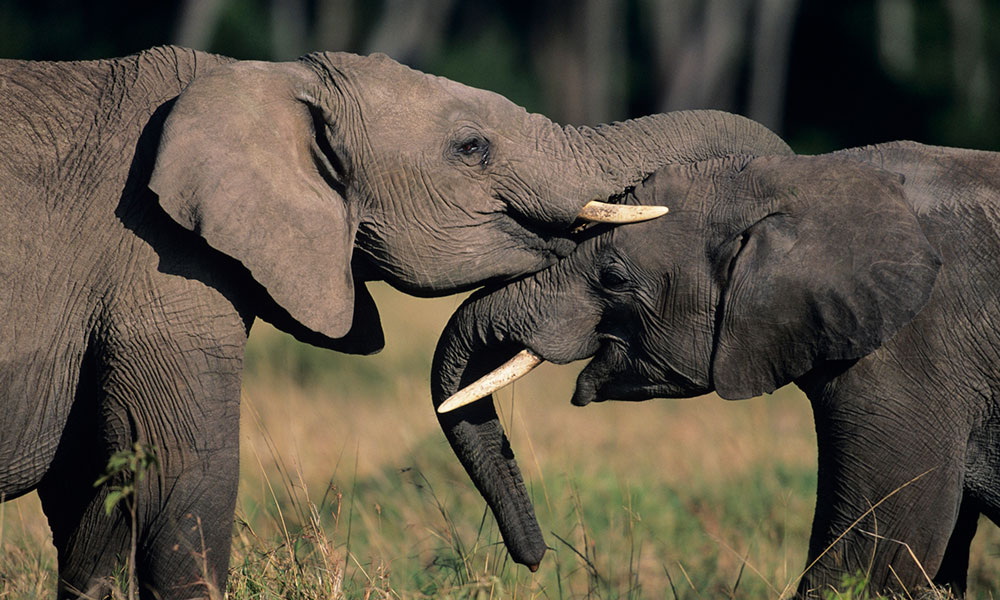
Alliance’s Toolkit Helps Travelers Avoid Buying Illegal Animal Products
The U.S. Wildlife Trafficking Alliance created a new toolkit for partner associations to educate their members and customers on how to avoid buying products illegally made from endangered species.
With the help of its members, partners, and new toolkit, the U.S. Wildlife Trafficking Alliance is embarking on a new effort to educate travelers on how to shop responsibly.
The Alliance, which is dedicated to curbing the sale of illegal wildlife products, released its “Know Before You Go / Ask Before You Buy” digital toolkit to help travel companies inform their customers on how to avoid buying illegal goods made from endangered animals like elephants, rhinos, and tigers.
“The travel and tourism industry is really in a unique position to help us raise awareness with travelers,” Alliance Executive Director Sara Walker said. “There’s a lot of wildlife crime that occurs when people are traveling and shopping and picking up souvenirs or things that they feel are local and represent that region, and maybe don’t realize that what they’re purchasing is actually using a part from an endangered species.”
The toolkit includes mixed-media materials, such as PSAs, infographics, digital and web graphics, brochures, posters, and billboard displays. Alliance partners—the Adventure Travel Trade Association, the American Society for Travel Agents, and the Cruise Lines International Association—received the materials with their own branding and logo. They can then distribute the tools to their members to use when working with travelers, “whether that be a travel agent that puts a poster and a brochure on their desk, or a cruise line that shows one of the PSAs on their channel loop,” Walker explained.
“This is a real opportunity for travel companies to help us raise awareness with travelers to make sure that they’re equipped with the basic information to know what to look out for when they’re traveling through a market or offered something for sale or in an Asian medicinal store,” she continued. “So they really have an ability to reach a huge audience that we can’t reach alone.” These three association partners reach 25 million travelers each year.
The toolkit began as a working group of nonprofits like WildAid and the World Wildlife Fund, corporations like Discovery Communications, travel companies, and the U.S. Fish and Wildlife Service. Along with this group, the three associations that committed to actively spreading the Alliance’s messaging concluded a toolkit was the most effective way to involve their memberships.
The associations’ commitment also includes supporting the Alliance’s advocacy work and encouraging members to adopt policies that align with its mission.
“Our planet’s wildlife is disappearing at a devastating rate as poachers meet consumer demand for exotic wildlife products,” ATTA President Shannon Stowell said in a press release. “Much of this trade takes place abroad, where travelers may encounter unfamiliar objects and be unaware that they are contributing to the problem. By educating travelers and tour operators about what to watch for, commitments like these can ensure that consumers make educated purchasing decisions and help stop the demand for illegal animal products.”
(iStock/Thinkstock)






Comments